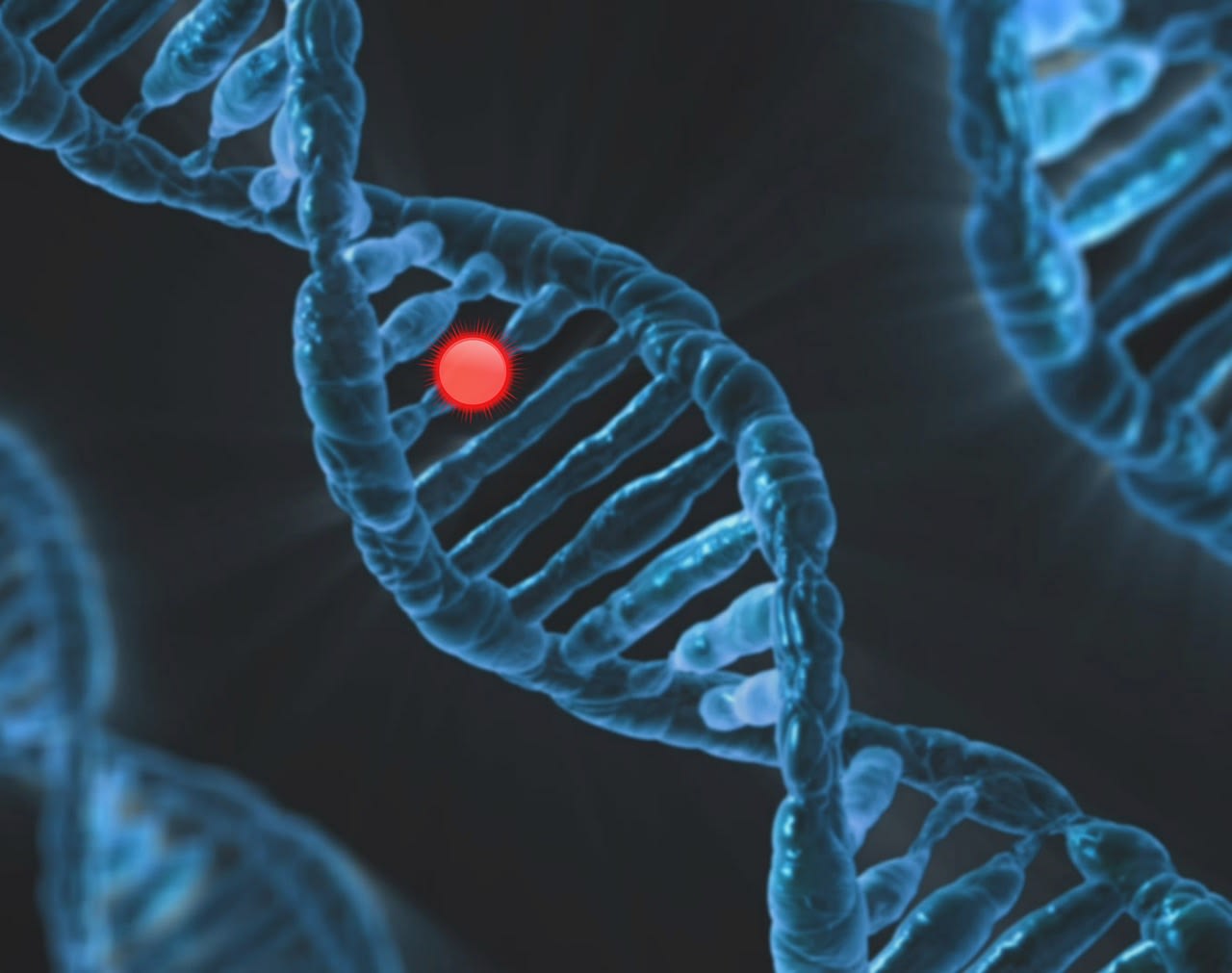Imagine a world where babies are born immune to disease.
Where parents choose their child’s intelligence or eye color.
Where hereditary conditions like Huntington’s or cystic fibrosis are no longer inherited—but edited out of the human story entirely.
Thanks to gene editing technologies like CRISPR, this future is no longer science fiction.
It’s science, fast approaching reality.
But with great power comes great responsibility—and that’s where the ethical debate begins.
What Is Gene Editing?
Gene editing is a method of altering the DNA of living organisms.
The most well-known technique, CRISPR-Cas9, acts like molecular scissors—allowing scientists to remove, insert, or replace genetic material with precision.
This technology has already:
Corrected genetic defects in lab animals
Helped develop new cancer treatments
Been used (controversially) on human embryos
It offers potential for cures, breakthroughs, and medical revolutions—but also ethical minefields humanity must tread carefully.
✅ The Promises of Gene Editing
1. Eradicating Genetic Diseases
One of the most hopeful outcomes of gene editing is its ability to prevent or cure inherited conditions, such as:
Sickle cell anemia
Muscular dystrophy
BRCA mutations for breast cancer
Tay-Sachs and more
Instead of treating symptoms, gene editing can target the root cause—mutated DNA itself.
2. Medical Innovation and Personalized Medicine
Gene editing may allow doctors to tailor treatments based on an individual’s genetic code—leading to more precise, effective, and less invasive medical care.
3. Food Security and Agriculture
Beyond humans, gene editing is being used to create climate-resilient crops, disease-resistant livestock, and longer-lasting produce, potentially revolutionizing global food systems.
❌ The Ethical Concerns and Future Risks
But the excitement of “what we can do” must be balanced with “what we should do.”
Here’s where the ethical storm begins.
1. Designer Babies and Genetic Inequality
While curing disease is widely supported, enhancing traits like intelligence, height, or appearance raises concerns.
Who decides what’s considered a “desirable” trait?
Will genetic enhancements become privileges only the wealthy can afford?
Could this deepen existing social and economic divides?
A world where the rich can afford “superior genes” could lead to genetic classism—and potentially, a loss of human diversity.
“We risk designing humans in a lab before we’ve learned to embrace them in real life.” — Bioethicist, 2025
2. Consent and Future Generations
Gene editing done at the embryo stage (germline editing) means changes are heritable—passed on to all future generations.
But unborn children cannot consent.
And even with good intentions, we risk unintended consequences that could affect descendants for centuries.
3. Unintended Mutations and Biological Unknowns
CRISPR is powerful—but not perfect.
Off-target effects may accidentally alter other genes, leading to unknown side effects
Long-term impacts remain largely unstudied
Editing one gene could influence complex systems we don’t fully understand
When you’re editing the blueprint of life, even a small mistake can have huge implications.
4. Playing God? The Spiritual and Philosophical Dilemma
Many people question whether we should have the right to reshape nature at such a fundamental level.
Are we overstepping moral boundaries?
Is altering human life a form of hubris?
Could it reduce the value of natural human experience—including imperfection?
Religious, spiritual, and cultural beliefs often clash with scientific advancement in these debates.
⚖️ Where Do We Draw the Line?
The global community is still divided.
Some nations have banned or strictly regulated gene editing in humans. Others are advancing rapidly.
Without global ethical standards, there is a risk of:
Unregulated gene editing
Underground “gene clinics”
Competitive genetic enhancement between countries
This isn’t just a scientific issue—it’s a human one.
🌱 A Call for Responsible Innovation
Gene editing has the potential to heal, transform, and uplift humanity—but only if guided by ethics, compassion, and caution.
We need:
Transparent regulations across borders
Ongoing public discourse, not just scientific ones
Ethical oversight boards that include diverse voices (doctors, parents, philosophers, spiritual leaders)
Because the consequences of today’s choices will echo far beyond our own lifetimes.
The future of gene editing holds limitless promise—but the true test isn’t how far we can go.
It’s whether we go there with wisdom.
💬 Have an opinion on this? Share your thoughts in the comments—your voice matters.
❤️ If this article made you think, tap the heart.
🔔 Subscribe for more honest conversations about the future of humanity.
Because the story of science isn’t just written in labs—it’s written in us.
